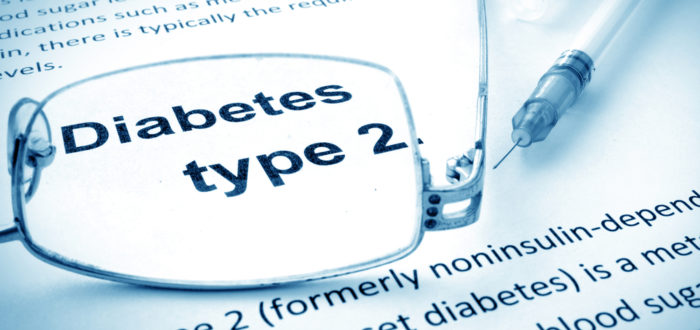Around 30 million Americans today have diabetes. Of these, 90-95% have type 2 diabetes which can develop at any age.
If you have diabetes, it is important to monitor your hearing health. A study funded by the National Institutes of Health (NIH) found that those with diabetes are twice as likely to experience hearing loss.
How Does Diabetes Affect Your Hearing?
A study published in the National Library of Medicine has pointed to a link between poor control of blood sugar levels and increasing risk of hearing loss. Long term diabetes and prolonged high blood sugar levels affects the supply of blood and oxygen to the tiny nerves and blood vessels in the ear, damaging them and causing hearing loss.
The tiny nerve cells in the ear, known as stereocilia, are responsible for transmitting sounds into electrical impulses. Once those nerves are damaged, they don’t regenerate. This can permanently affect your hearing.
People with diabetes are more likely to experience high-frequency hearing loss: 54% in comparison to 34% of non-diabetics. A 2012 study from Henry Ford Hospital found “that women between the ages of 60 and 75 with uncontrolled diabetes had more hearing loss than women in that age group with well-controlled diabetes. Researchers also learned that hearing was worse overall in women younger than 60 with diabetes—even well-controlled diabetes—than in women without diabetes.” (Source)
What is the Connection Between Diabetes and Hearing Loss?
The connection between diabetes and hearing loss and not quite known. Studies have suggested a link between diabetes and hearing loss. This includes a 2008 study by The U.S. National Institutes of Health (NIH). This study found a strong and consistent connection between diabetes and hearing loss. However, more studies are required to fully understand the causes of hearing loss within the diabetics.
The U.S. NIH research studied a sample of working-aged Americans and found that those with diabetes or pre-diabetes were more likely to have at least mild hearing loss in their ability to hear low-to-mid and high frequency tones. The results remained the same, even after accounting for common factors causing hearing loss such as age, noise exposure and the taking of certain medicines.
Another study published in the Journal of Clinical Endocrinology & Metabolism involving more than 20,000 participants supported the research conducted by the NIH and concluded that those with diabetes are more likely to have hearing loss regardless of age. Research has made no distinctions between type 1 and type 2 diabetics.
How to Protect your Hearing if you have Diabetes
Aside from managing your diabetes in-line with your doctor’s advice, there are a few ways in which you can help to protect your hearing health. These include:
- Protecting your ears from noise exposure by turning down the volume of electronic devices. Wearing hearing protection such as earplugs if you engage in noisy hobbies and activities like attending music concerts.
- Engage in exercise. Even moderate exercise helps to improve blood flow and circulation increasing the blood and oxygen to the blood vessels in the ear.
- Maintain a healthy weight. Being overweight makes it harder for the heart to pump blood around your body, including to your ears.
It is important to monitor your hearing health, particularly for those with diabetes. Find out how you can protect your hearing health and book an appointment with our hearing specialists today. Call us today on 203-774-5642 or request an appointment online.

